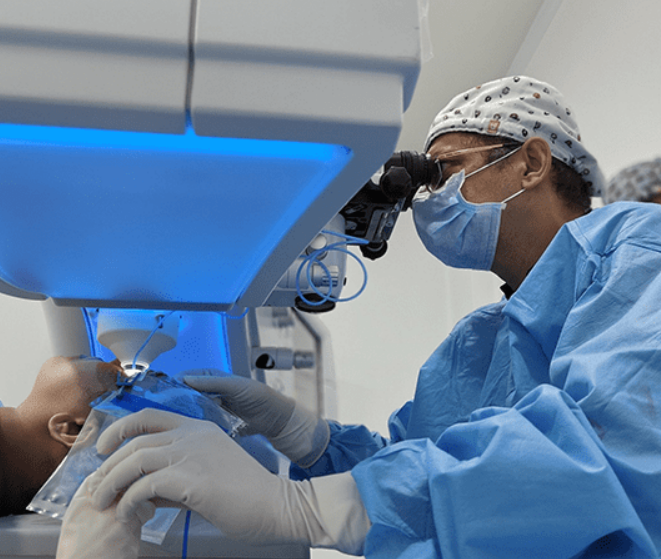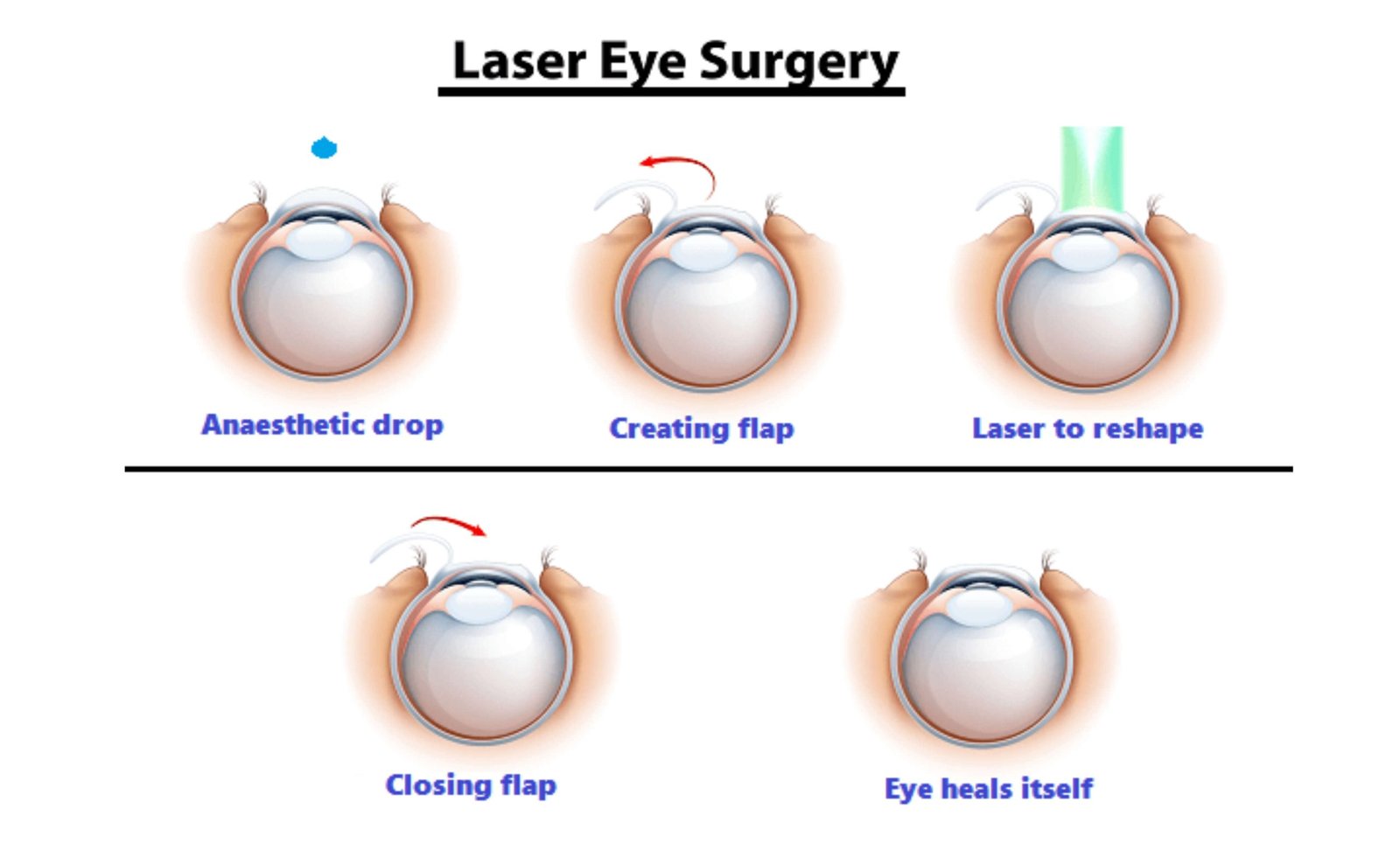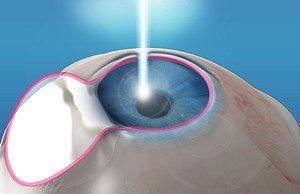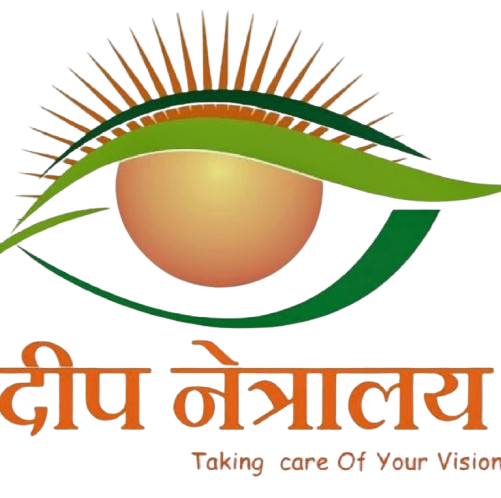Refractive Surgery at Deep Netralaya
Refractive Surgery at Deep Netralaya is a specialized area of treatment aimed at correcting refractive errors such as myopia (nearsightedness), hyperopia (farsightedness), astigmatism, and presbyopia (age-related near vision loss). These surgeries are designed to reduce or eliminate the need for glasses or contact lenses by reshaping the cornea or other parts of the eye to allow for clearer vision.
Deep Netralaya is known for its expertise in refractive surgery, using the latest technologies and techniques to provide safe and effective treatments for patients seeking permanent vision correction.
Types of Refractive Surgeries at Deep Netralaya:
LASIK (Laser-Assisted In Situ Keratomileusis):
- LASIK is one of the most popular and effective refractive surgeries. It involves creating a thin flap in the cornea using a laser, and then reshaping the underlying corneal tissue with another laser to correct the refractive error.
- Ideal Candidates: People with stable vision who are aged 18-40 years, with a refractive error within certain limits.
- Advantages: Quick recovery time, minimal discomfort, and a high success rate.
Femtosecond LASIK (Femtosecond Laser-Assisted LASIK):
- Femtosecond LASIK uses a femtosecond laser to create a more precise corneal flap compared to traditional methods. This technique improves the accuracy and safety of the procedure.
- Advantages: Highly precise, reduced risk of complications, and faster healing.
PRK (Photorefractive Keratectomy):
- PRK is an alternative to LASIK where the corneal surface (epithelium) is removed and reshaped using a laser. PRK is suitable for patients with thinner corneas or those who may not be suitable candidates for LASIK.
- Advantages: Can be performed on people with thinner corneas, minimal risk of flap complications (as there’s no flap).
- Recovery: Slightly longer recovery time than LASIK, as the surface of the cornea needs to heal.
SMILE (Small Incision Lenticule Extraction):
- SMILE is a minimally invasive laser surgery that removes a small piece of corneal tissue to reshape the cornea and correct refractive errors. The procedure involves only a small incision, and there is no need to create a flap.
- Advantages: Less risk of dry eyes, minimal discomfort, and faster healing compared to traditional LASIK.
- Ideal for: Myopia (nearsightedness) and astigmatism correction.
ICL (Implantable Contact Lenses):
- ICL involves implanting a lens inside the eye to correct refractive errors. It is an excellent option for people who are not candidates for LASIK or PRK due to high refractive errors or thin corneas.
- Advantages: Reversible, excellent for high myopia, and provides clear vision.
- Ideal for: People with high refractive errors or thin corneas.
CK (Conductive Keratoplasty):
- CK uses radiofrequency energy to reshape the cornea, which can help treat presbyopia (age-related difficulty focusing on near objects) or mild hyperopia. It is less commonly used today but can still be a viable option for some patients.
- Advantages: Minimal downtime, non-invasive.
- Ideal for: Patients over 40 who need near vision correction.
Candidates for Refractive Surgery at Deep Netralaya:
- Healthy Eyes: Patients should have healthy corneas and no major eye diseases such as glaucoma or cataracts.
- Stable Vision: The refractive error should be stable for at least one year.
- Age: Typically, candidates are aged 18-40, though procedures like ICL can be performed on patients outside this range.
- Realistic Expectations: Patients should have realistic expectations regarding the outcome and understand that some may still need reading glasses after surgery, especially as they age (for example, with presbyopia).
Why Choose Deep Netralaya for Refractive Surgery?
- Experienced Surgeons: Deep Netralaya boasts a team of highly experienced refractive surgeons who specialize in vision correction procedures.
- Advanced Technology: The hospital uses the latest in laser technology and surgical techniques to ensure precise and safe outcomes.
- Personalized Treatment Plans: Every patient is evaluated individually to determine the best procedure based on their specific refractive error, corneal thickness, and other factors.
- Comprehensive Care: From pre-surgical consultation to post-surgery care, Deep Netralaya provides complete care to ensure the best possible results.
- High Success Rate: The hospital has a high success rate in achieving excellent outcomes, with many patients achieving 20/20 vision or better.
Benefits of Refractive Surgery at Deep Netralaya:
- Reduced Dependence on Glasses/Contact Lenses: Many patients experience significant improvement in vision and no longer need corrective lenses.
- Quick Recovery: Most patients experience minimal discomfort and a quick recovery, especially with procedures like LASIK and SMILE.
- Long-Lasting Results: Refractive surgeries at Deep Netralaya aim to provide long-lasting improvements in vision.
If you are considering refractive surgery, it’s essential to schedule a consultation with a specialist at Deep Netralaya. During the consultation, the surgeon will conduct a thorough eye examination, assess your suitability for the procedure, and discuss the best treatment options based on your individual needs.



